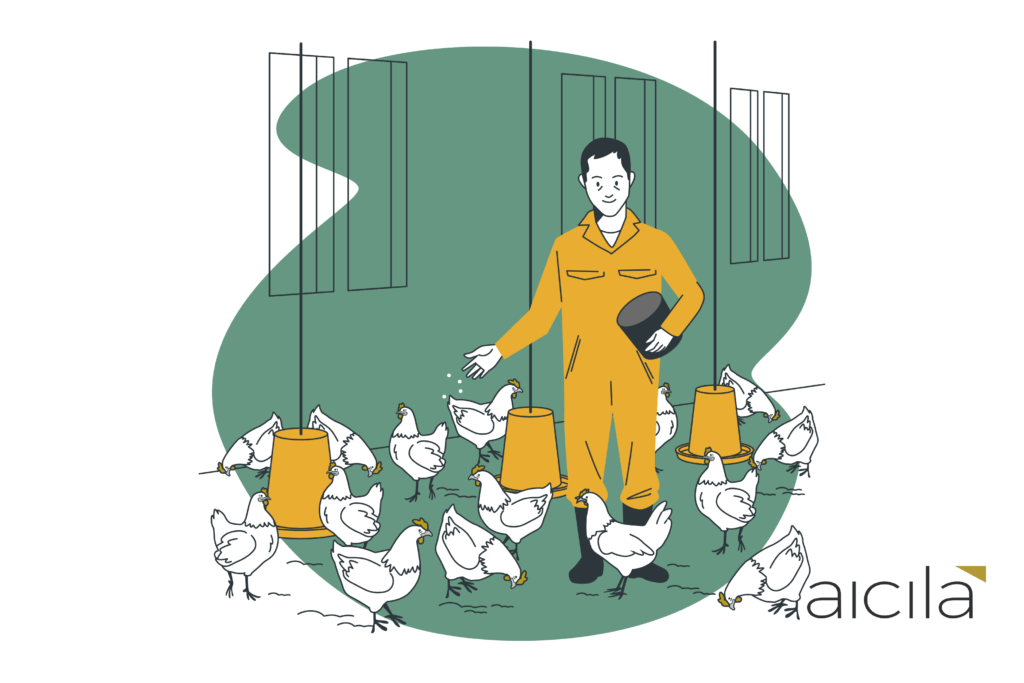Feathers, Farms, and Fluency: A Day in the Life of a Poultry Technical Service Manager

A day in the life of a Poultry Technical Service Manager is a multifaceted journey, filled with diverse tasks aimed at optimizing poultry production and supporting industry stakeholders. Here’s a glimpse into what their typical day might entail:
Morning Routine:
The day typically begins with reviewing emails, messages, and schedules to prioritize tasks and plan the day ahead. They may catch up on industry news, research findings, and updates on poultry health and management practices.
Client Interaction:
The Poultry Technical Service Manager often starts their day with client interactions, whether it’s visiting poultry farms, meeting with producers, or conducting virtual consultations. They provide technical guidance on various aspects of poultry production, including nutrition, disease management, biosecurity, and flock health monitoring.
Farm Visits and Inspections:
Field visits to poultry farms are an essential part of the job. The manager conducts on-site inspections to assess flock health, monitor production parameters, and identify any potential issues or challenges. They offer recommendations for improvement, troubleshoot problems, and provide training to farm staff as needed.
Technical Support and Training:
Throughout the day, the manager provides ongoing technical support to poultry producers and industry partners. This may involve answering inquiries, addressing concerns, and offering solutions to technical challenges. They also conduct training sessions, workshops, and seminars to educate producers on best practices and emerging trends in poultry management.
Data Analysis and Reporting:
Back at the office, the manager spends time analyzing production data, performance metrics, and research findings. They use this information to identify trends, evaluate the effectiveness of management strategies, and develop recommendations for optimizing flock health, productivity, and profitability. They may also prepare reports and presentations to share insights with clients and stakeholders.
Collaboration and Networking:
Networking is key in the poultry industry, and the manager takes time to connect with colleagues, industry experts, and research partners. They participate in meetings, conferences, and industry events to stay updated on the latest developments, exchange knowledge, and build relationships within the poultry community.
Regulatory Compliance and Product Development:
Ensuring compliance with regulatory standards and industry guidelines is a top priority. The manager stays informed about relevant regulations related to poultry health, welfare, and food safety, and assists clients with audits and inspections. They also collaborate with research and development teams to evaluate new products, technologies, and management practices that can benefit poultry producers.
End of Day Wrap-Up:
As the day comes to a close, the manager reflects on their interactions, accomplishments, and any outstanding tasks. They follow up on action items, respond to messages, and plan for the next day’s activities. With a sense of satisfaction from helping poultry producers succeed, they look forward to another day of making a positive impact in the poultry industry.


